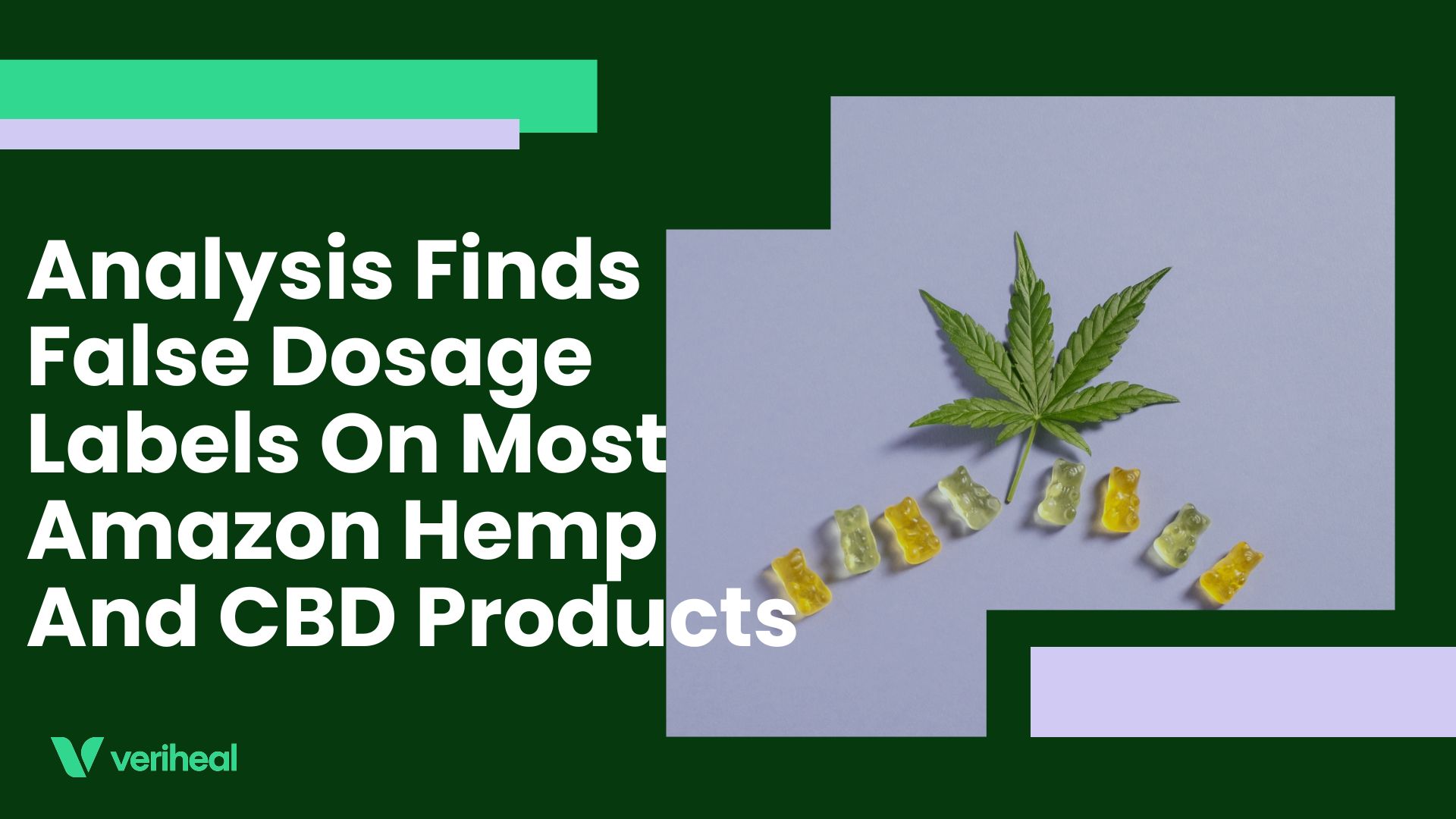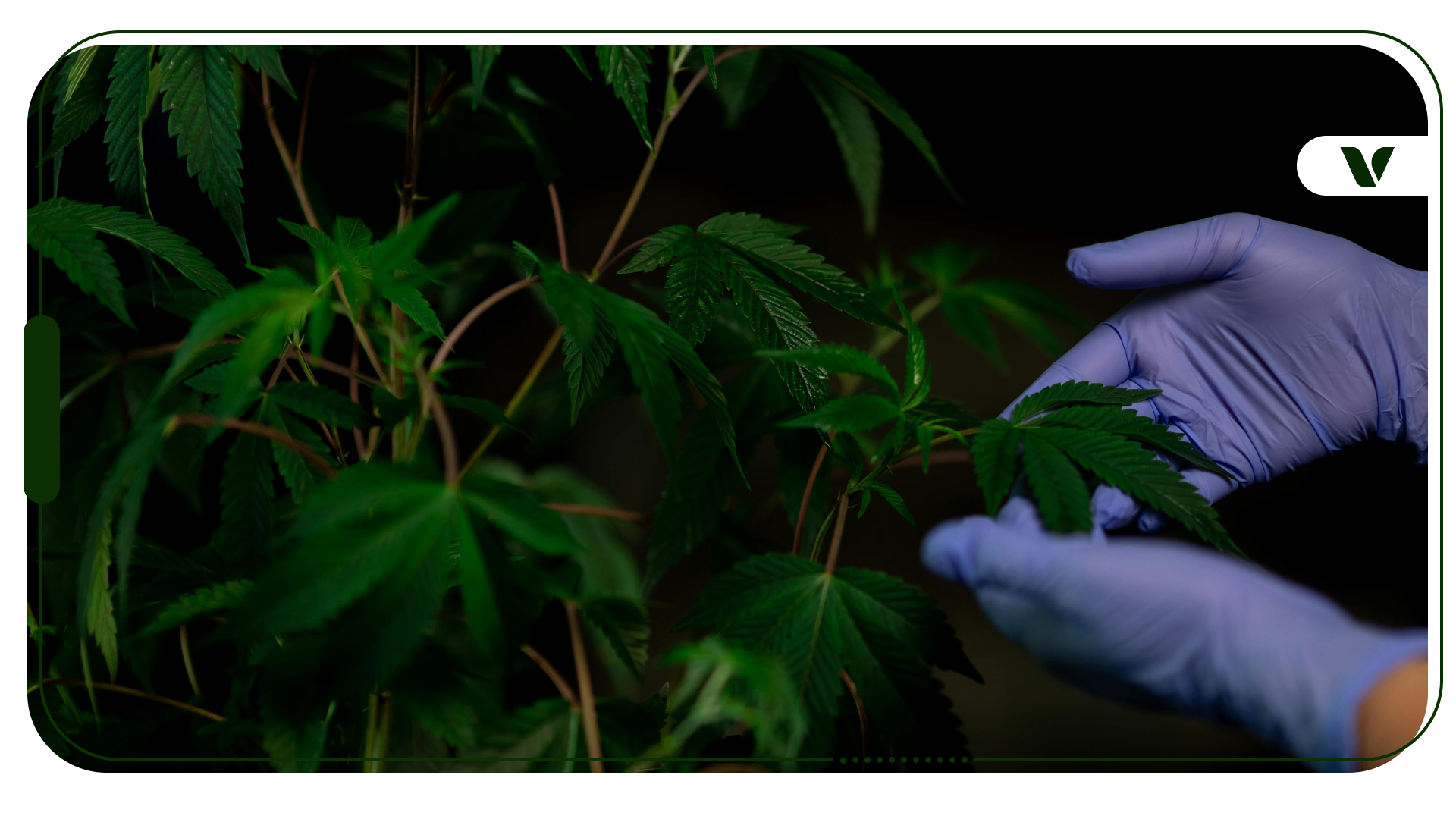Selling hemp, CBD (cannabidiol), and THC (tetrahydrocannabinol) products on Amazon’s marketplace is prohibited, but that hasn’t stopped sellers from finding ways to circumvent this policy. While more states introduce legislation targeting or banning these products, Amazon’s sales of them seem to have only ramped up in response.
As the market continues to be flooded with CBD and hemp, an increasing amount of research companies are exploring behind the scenes to determine how safe and effective the products really are. There are many gaps in regulation regarding CBD and hemp, leading to consumers frequently purchasing untested substances that may or may not work as promised.
One such company, CBD Oracle, has recently analyzed a variety of CBD and hemp products available for sale on Amazon. Their comprehensive report found that Amazon CBD products (which are usually labeled as “hemp” to avoid being removed from the platform) often contain no CBD at all, or the amounts of CBD in the products differ wildly from what is promised on the packaging.
To conduct their research, they purchased 56 of the top hemp gummies, tinctures, and creams available on the website. They found that only around 30% of them contained any CBD at all, and roughly 60% did not have any cannabinoids in them altogether. Additionally, an astonishing 96% of products were not accurate to their listed dosages.
“Simply put, if you buy ‘hemp’ from Amazon, it is likely that you will actually be buying an expensive jar of gummy bears. Gelatin and sugar, priced at a premium,” researchers wrote in the report.
Why You Should Get Your Medical Marijuana Card
Veriheal has satisfied millions of patients nationwide by giving them access to these benefits
- Larger purchase limits
- Peace of mind
- Enhanced legal protection
- Access to higher potency strains
- Save up to 25% on cannabis purchases
- Skip the line at the dispensary
Legitimate, trusted CBD companies like Charlotte’s Web do not sell on Amazon, leaving gaps for shadier companies to do business. Nearly all of Amazon’s products did not provide a Certificate of Analysis, which is one of the easiest ways to determine if you’re buying a trusted and safe hemp product. Roughly half of the products also made an unfounded medical claim to sway buyers.
This issue isn’t limited to Amazon–sellers on other platforms, such as Alibaba or eBay, peddle similar (sometimes identical) products. The report’s authors acknowledge the possible safety and health implications, as it may weaken the overall hemp and cannabis sectors and impede the ongoing efforts toward reform.
“Amazon has demonstrated that they don’t understand the difference between hemp seed oil and hemp extract that contains cannabinoids,” Forge Hemp’s Kelly Lombard stated. “As long as sellers are vague about a product’s contents, Amazon doesn’t seem to care. This is problematic because U.S. consumers need more information about hemp and CBD, not less. Amazon’s convenience and return policy may entice more consumers to try hemp products, but if their experience is negative, that hurts the industry.”
At this point, it’s up to Amazon to provide stricter enforcement of their policies. However, this doesn’t always work as planned. If a company is removed from the platform, they often rebrand and come back with a new name until they are shut down again. Fortunately, researchers do believe there are ways forward that could work.
They concluded: “Even establishing a bare minimum requirement for hemp sellers — showing an up-to-date lab report — would be enough to send the snake oil sellers running for the hills. Will you be able to pretend that CBD isn’t available on your platform? No. But customers who are buying CBD on your platform — who already exist, like it or not — would be much, much more likely to get safe products that offer what they say on the label.”
Author, Share & Comments








